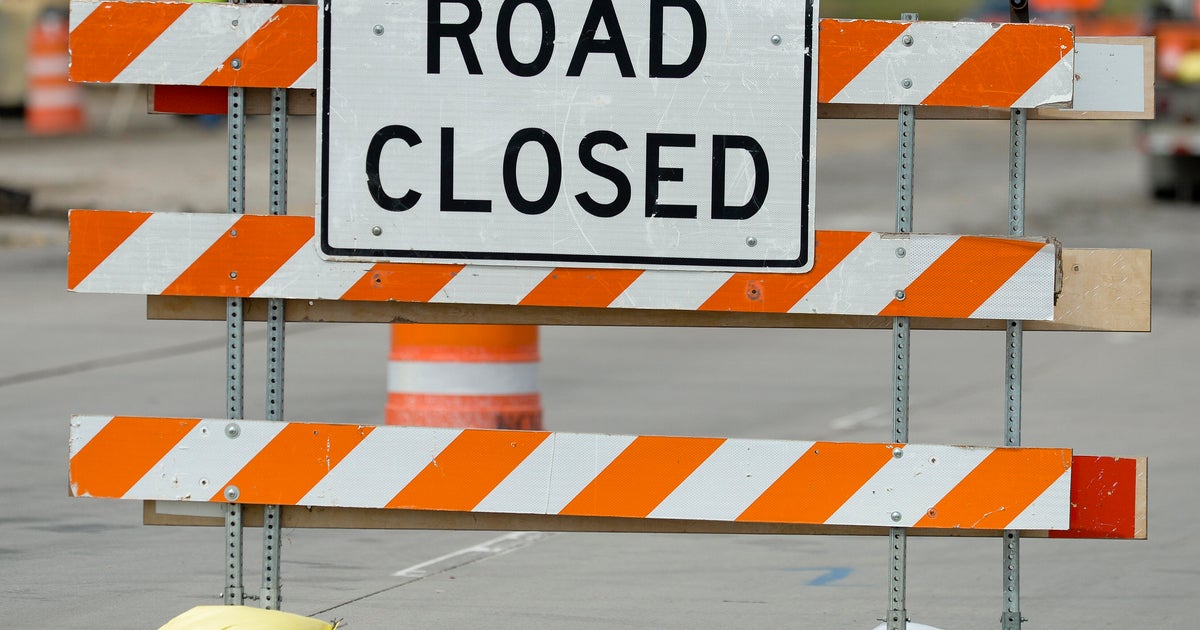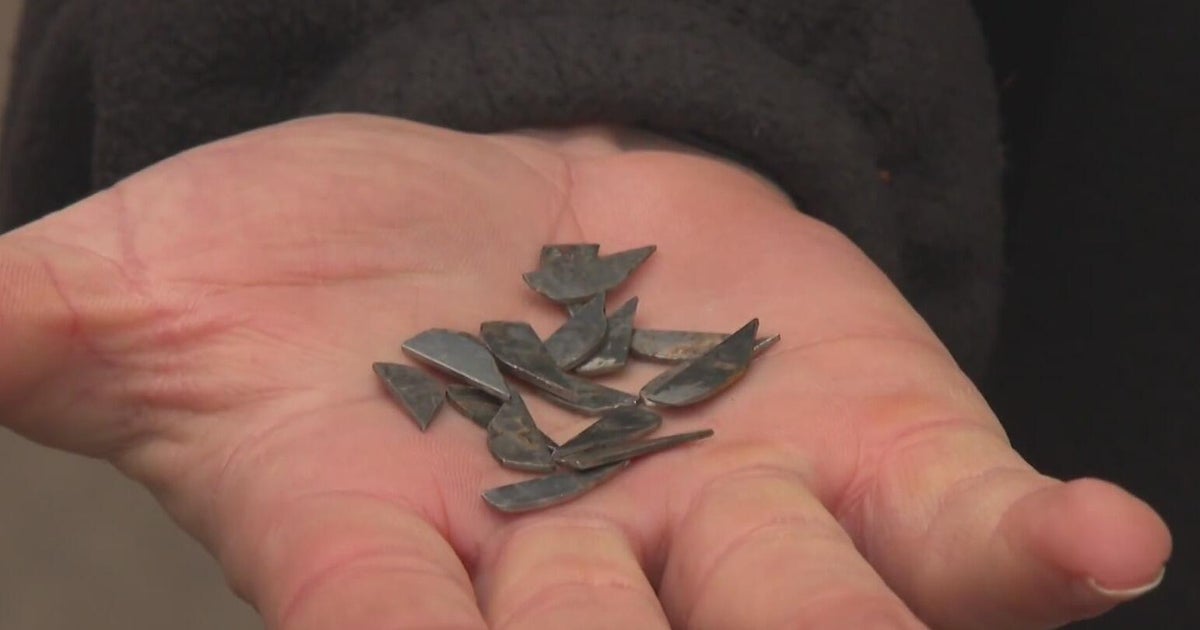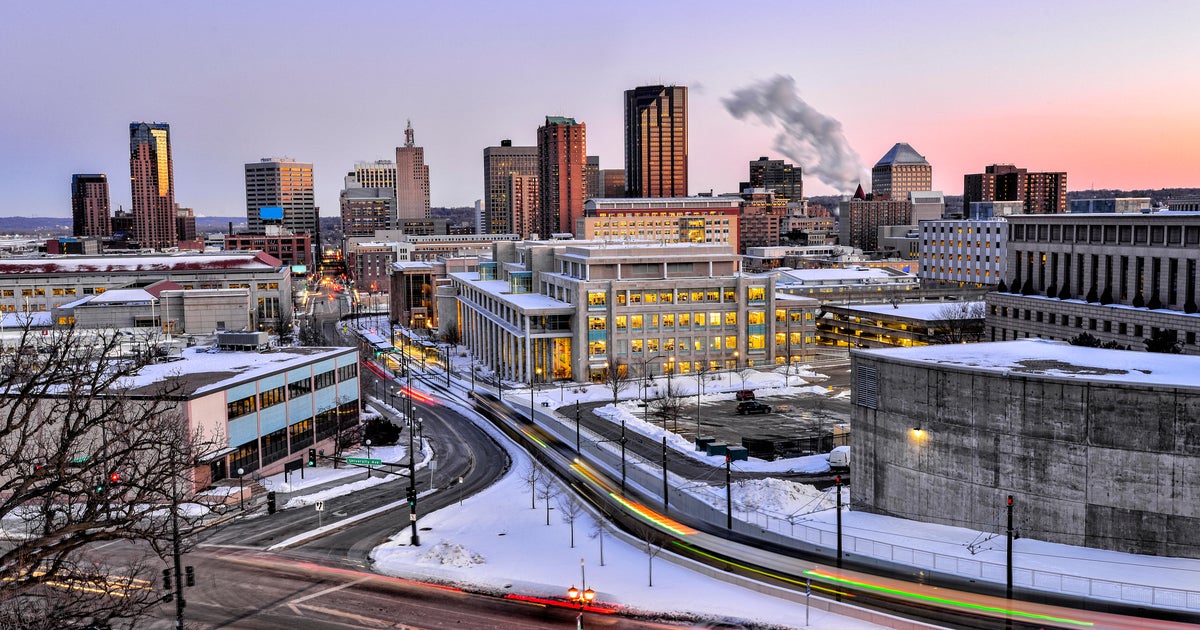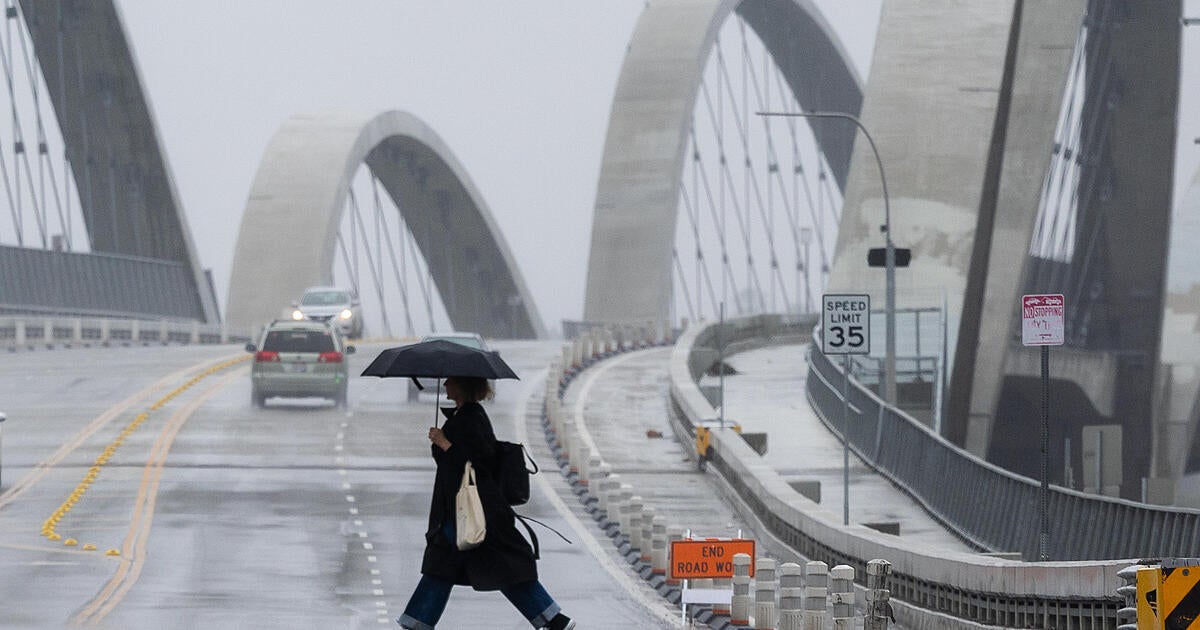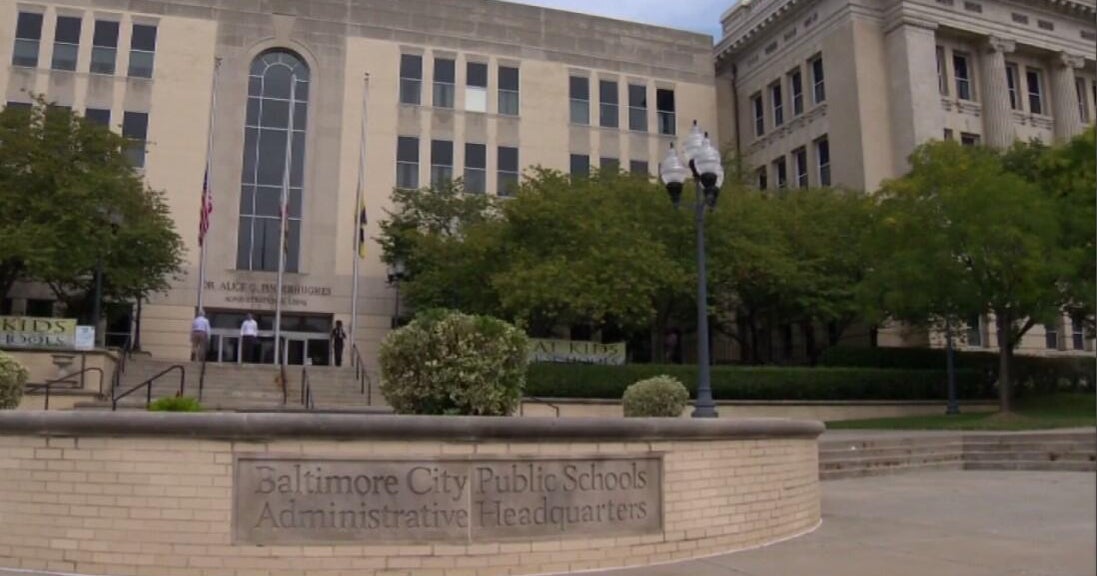Earth 365: Climate change's impact on western Pennsylvania farmers
PITTSBURGH (KDKA) — CBS News and KDKA-TV are committed to covering stories about the Earth and our environment all year long, but especially this week as we lead up to Earth Day on Friday.
All this week on KDKA News at 5 p.m., we're taking a look at our changing climate and the impact it's having on all of us in a series called Earth 365.
In part 3 of the series, we're examining how climate change is impacting our local farmers.
Farming in western Pennsylvania certainly has its challenges. From the steep slopes of the fields to the diseases that can harm the crops. But the biggest challenge farmers face is the weather.
Art King, the co-owner of Harvest Valley Farms in Valencia, said western Pennsylvania grows some of the best-tasting vegetables in the world, and it's all about the weather and the soil.
But when it comes to the weather, if there's one word to describe it here, it's unpredictable. And that can pose challenges for our local agriculture.
"Especially now with all the weather we've had, with all the rain and everything, it's making it very difficult to kind of get going when it's too wet and too cold," said Adam Voll, the heard farmer at Soergel Orchards in Franklin Park.
King, Voll and other local farmers say the changes in our climate haven't gone unnoticed.
"We've had more extremes in weather in the last 10 years than we had previously," King said.
They say earlier warmups in the spring followed by later than normal cold snaps, as well as too much rain, have been hurting crops in the early stages of growth.
"When the temperature warms up and they kind of wake up and then it drops again, they're a little more sensitive to the cold temperatures. The problem is once things start to go, they don't really stop. You can't kind of go backwards," said Voll.
There are some things, however, that farmers use to try to protect their crops during this delicate stage.
"We use row covers, floating row covers, so we can cover our crops in the field in the spring," King said. "That helps protect them from cold temperatures. And again in the fall, we do the same thing as well."
We all know you can't change the climate, but you can change a plant's climate. And that can be done with the use of greenhouses and high tunnels.
"With the weather extremes and everything I can kind of control it here and make a perfectly happy, healthy plant and give it the exact nutrients it needs and actually less water than out in the field," Voll said.
And with recent advancements in technology, not only do they have better equipment to protect the crops, farmers can also change the actual biology of the crop by increasing its resistance to weather extremes.
In fact, King got a jump-start on his sweet corn this year because of it.
"We have a variety of sweet corn that is cold-soil tolerant so that we're able to grow sweet corn earlier," said King.
But even with all these new improvements and changes, the farmers know this ever-changing climate will continue to pose issues year after year.
"A farmer is never going to be truly happy with the weather because it's either not enough or it's too much typically," Voll said.
Now, all of this can have an economic impact on not just the farmers but also on you the consumer.
If there's not enough crop production because of a shortened season due to these heightened weather events, then you may end up paying more for your local produce.
